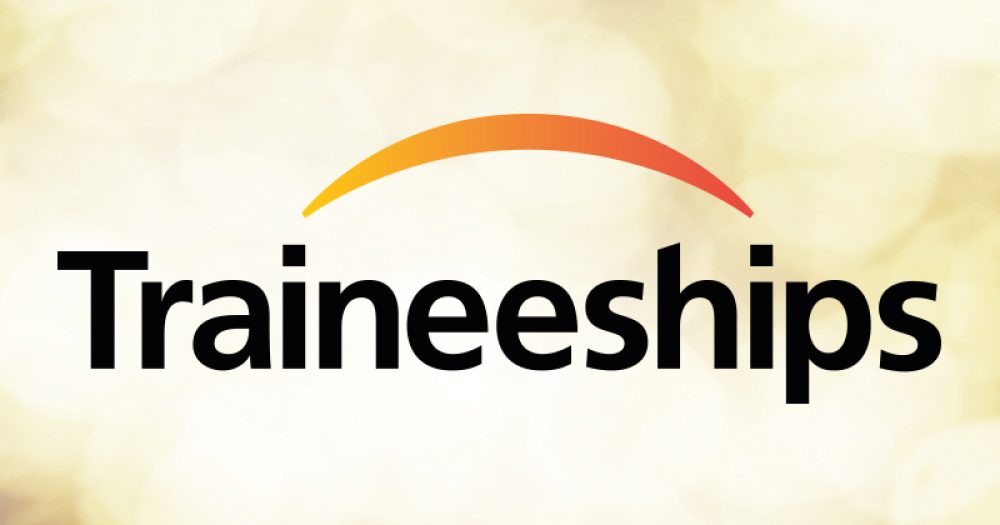Something of a surprise this week from the Department for Education – a press release about traineeships in which the skills minister, Anne Milton, was “thrilled”.
The surprise for me wasn’t the good news – that research found the majority of the first trainees in 2014 progressed into work or further training. The surprise was that the traineeship scheme was being talked about at all.
Without taking the time to check, I don’t recall a DfE press release or minister choosing to talk about traineeships since their introduction at the back end of 2013.
Since then, over 300 providers have been recruiting 16- to 24-year-olds on to the pre-employment scheme at a rate of over 20,000 per year.
After the initial fanfare when launched, many providers either chose not to recruit participants or did so in relatively small numbers.
Many struggled to sell the concept of a six-month unpaid work placement to both young people and employers, leading to inevitable design changes. Most traineeship schemes now last less than 12 weeks.
The programme has also suffered because there has been no dedicated budget. Instead, 16- to 18- year-olds are funded based on their planned hours from existing study programme funds, which has not incentivised growth. And 19- to 24-year-olds are funded from the greatly diminished national adult education budget.
This awkward placement within two very different funding streams has done little to support expansion, with numbers falling in recent years.
It has also meant there is little traineeship-specific provider data available to highlight the successes of the programme. The government publishes little to nothing about the millions spent on traineeships, or which providers are delivering them.
And in the current Ofsted inspection framework they can include a narrative section along with a grade for traineeships. But they typically ignore the provision, arguing that there is an insignificant number of trainees without actually defining a threshold for exclusion. In 2017-18 there were just six providers awarded a traineeship grade (one grade one, four grade twos and one grade three) and in 2018-19 (the nine months from September 2018 to the end of May 2019, just two traineeships judgments (both grade three). And in the new Education Inspection Framework being introduced in September the option to include a traineeship section and grade has been removed.
It was also perhaps surprising that in the last two chief inspector annual reports, traineeships did not feature at all.
So Ofsted has very little to say about traineeships, and in their new slimmed-down inspection reports will say even less.
The renewed interest does seem long overdue – and even seems to be extremely popular with participants. Researchers interviewed 2,153 young people on traineeships and the findings published by the government in 2017 concluded “trainees were very positive about their time on a traineeship. More than nine in ten trainees (92 per cent) said that they would recommend traineeships to other people, and seven in ten trainees (70 per cent) said that they would speak highly of traineeships when speaking to others.”
Traineeships, a preemployment programme for young people, should be much higher profile and more joined up with other government departments, such as the Department for Work and Pensions.
As the skills minister Anne Milton revealed to me, she is now in active talks across government with a view to doing just that.
After two years in office implementing the policies of previous ministers, such as apprenticeship and T-level reforms, she should be supported in taking ownership of a policy to renew focus and investment on supporting unemployed young people into work.









Your thoughts